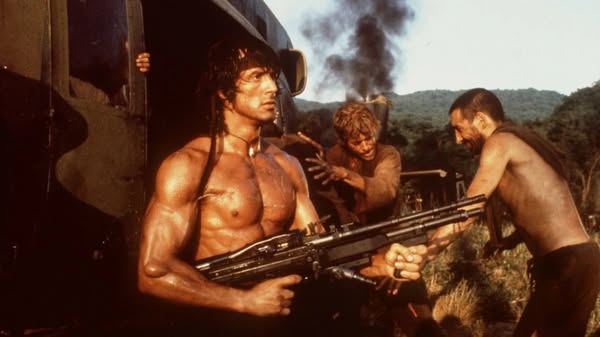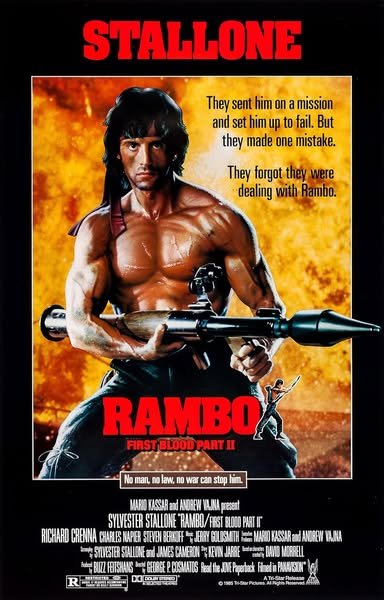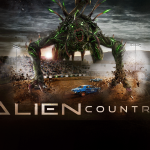Rambo: First Blood Part II (1985)

Rambo: First Blood Part II is a seminal action film that significantly shaped the genre in the mid-1980s. Released in 1985, this sequel to the original First Blood elevates the stakes, both in terms of action and emotional depth, solidifying the character of John Rambo as a cultural icon. Directed by George P. Cosmatos, the film stars Sylvester Stallone, who reprises his role as the tormented Vietnam War veteran, Rambo.
At its core, the film presents a gripping narrative of survival, loyalty, and redemption. After being coerced into returning to Vietnam for a covert mission, Rambo is tasked with rescuing American POWs believed to be held captive. This mission not only serves as a catalyst for intense action sequences but also allows for a deeper exploration of Rambo’s psyche, reflecting the trauma and scars of war that continue to haunt him. The film juxtaposes Rambo’s formidable strength with his vulnerabilities, presenting a multifaceted character who grapples with his past while fighting for those who cannot fight for themselves.

The genre of the film can be categorized as action and adventure, infused with elements of war drama. Its relentless pacing and high-octane action scenes—ranging from explosive confrontations to daring rescues—keep audiences on the edge of their seats. The film’s iconic moments, such as Rambo’s solo assault against enemy forces and his resourceful use of weaponry, have become hallmarks of action cinema.

Visually, Rambo: First Blood Part II is striking, utilizing the lush jungles of Vietnam as a backdrop for its thrilling escapades. The cinematography captures both the beauty and brutality of war, enhancing the emotional weight of Rambo’s journey. Additionally, the film’s score, composed by Jerry Goldsmith, elevates the tension, underscoring the urgency and peril of Rambo’s mission.

Overall, Rambo: First Blood Part II is not merely an action film; it is a commentary on the complexities of war, heroism, and the struggle for redemption. Its impact on popular culture is undeniable, influencing subsequent films and establishing Rambo as a symbol of resilience and indomitable spirit. As the film unfolds, it invites viewers to reflect on the cost of conflict and the enduring quest for peace, making it a memorable entry in the annals of cinematic history.











